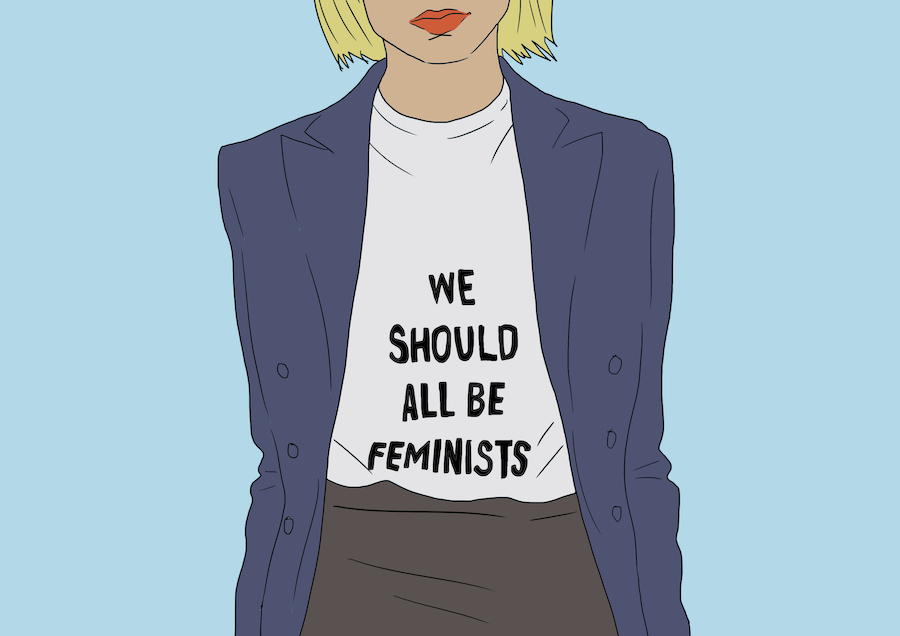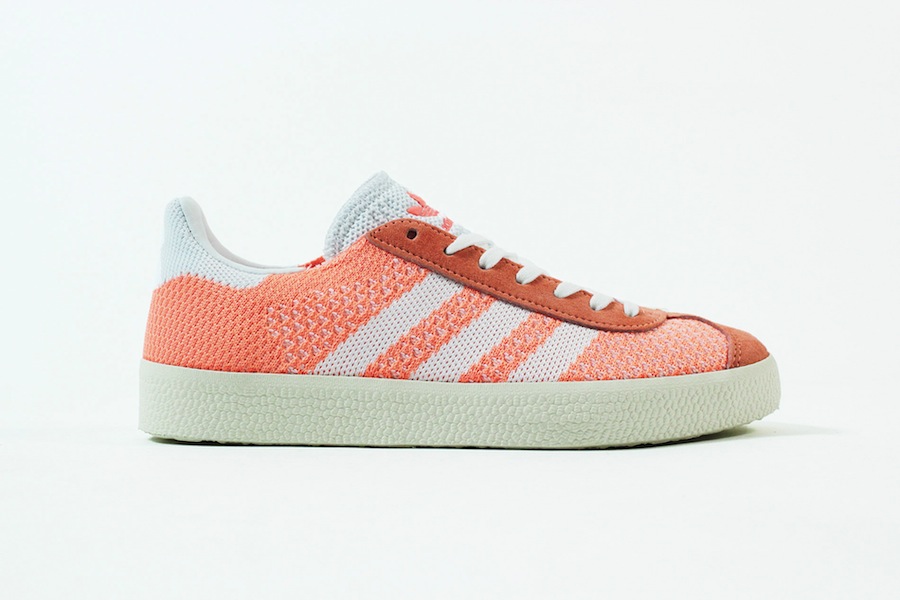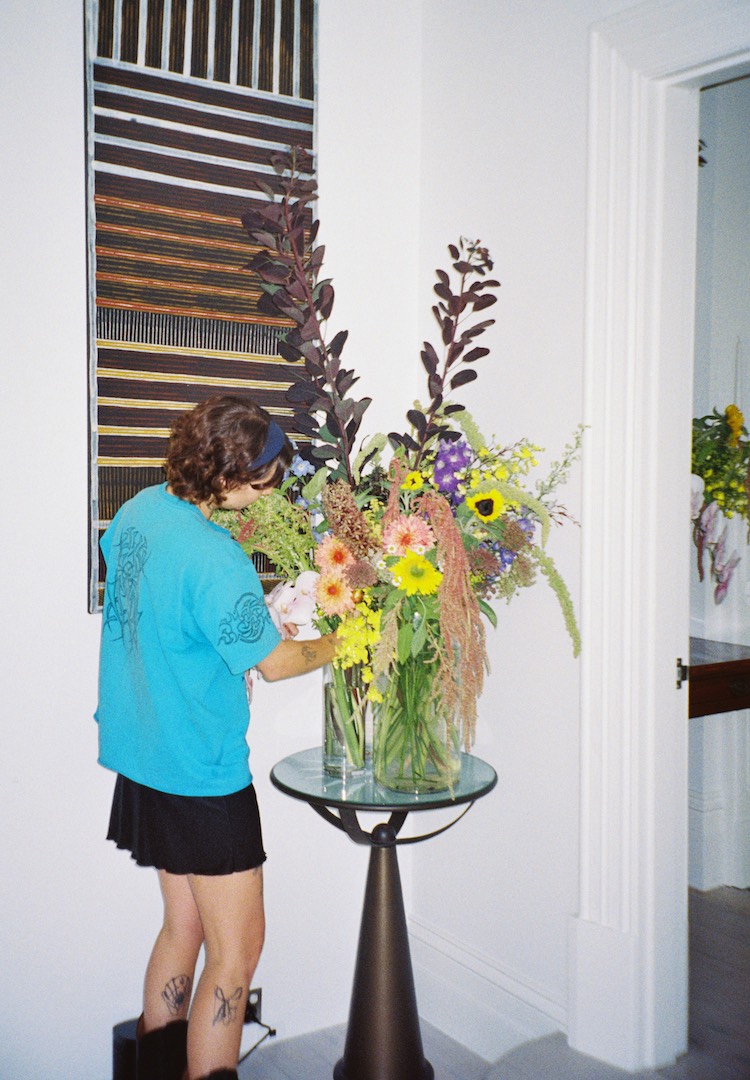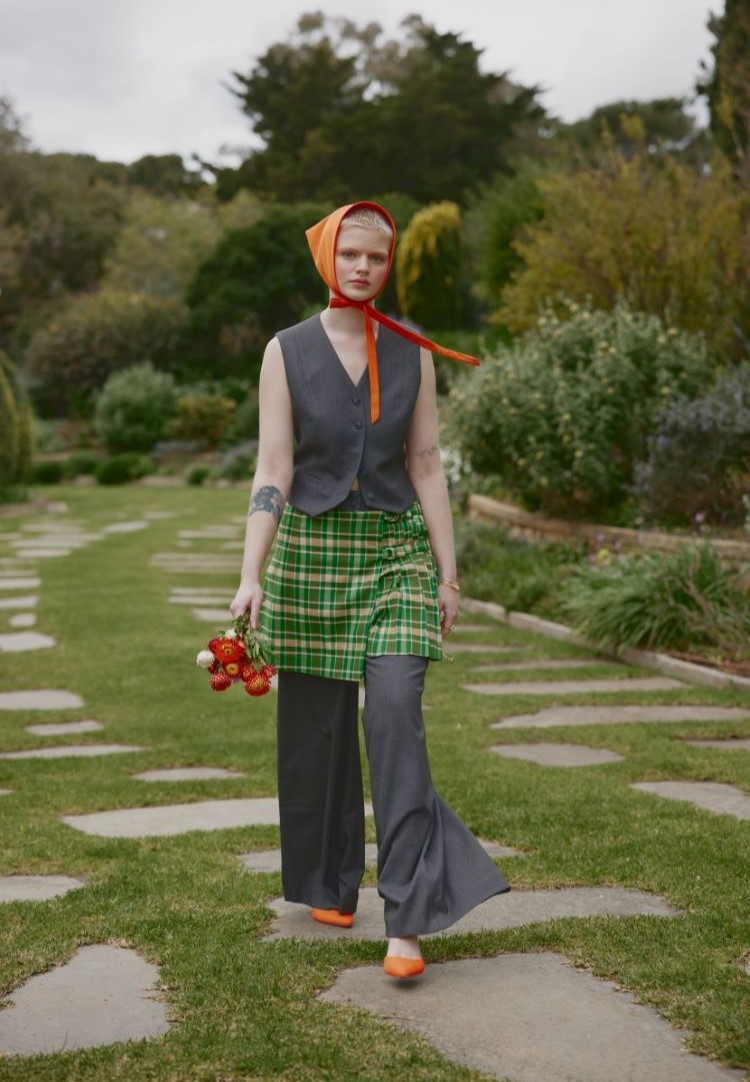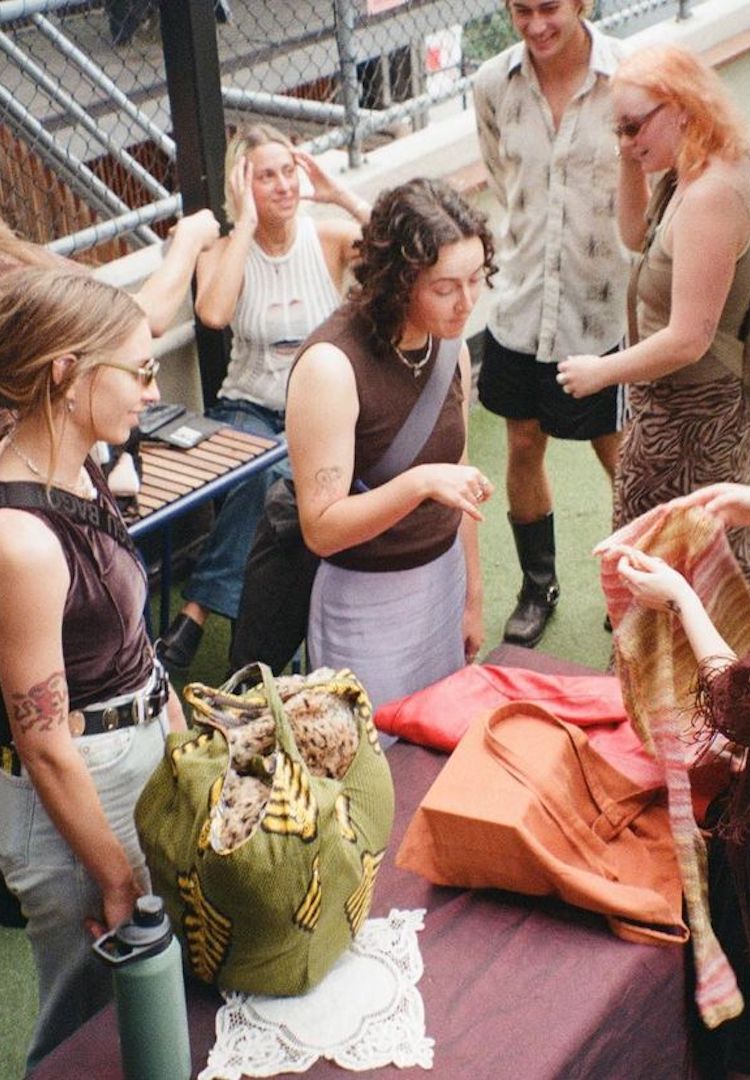Feminism in style, but beware the chain stores jumping on the trend
Protest is trending.
Protest is trending. It’s all over the runways, and fashion rags.
Dior released a shirt that read ‘we should all be feminist’. Prabal Gurung’s NYFW runway show was a procession of slogan tees such as ‘revolution has no borders’ and ‘this is what a feminist looks like’. H&M’s viral video ad, released in late 2016, was heralded by the Huffington Post as a “badass” and “feminist” redefinition of ladylike. And, earlier this year, the Missoni runway at Milan Fashion Week was a pussy hat parade.
Mainstream fashion brands embracing feminism isn’t an inherently bad thing. But, these feminism-lite and inclusivity messages must not distract attention from the need for real changes in the industry itself.
The ways in which the fashion industry is destructive to women is pretty well-publicised. An estimated 75 million people are employed by the fashion industry and it’s the largest global employer of women – mostly young women. Yet wages continue to be squeezed and unions continue to be targeted whenever vulnerable garment communities collectivise. Child labour is reportedly on the up and the industry is becoming masterful at slithering across borders when the regulation tape gets too tight for its liking.
What’s more, the fashion industry as a whole is the second-largest global polluter, after oil. Add to that the fact women in developing countries make up an enormous part of the agricultural workforce and are hugely reliant on natural resources. Though, to be fair, high-end luxury companies gracing the catwalk tend not to be the culprits in sourcing toxic materials and mass producing under slave labour conditions. But, these luxury labels pay executives handsomely to take the public pulse and will no doubt profit from our genuine discontent, while creating minimal change, if any.
Marketing an empowering story is not that difficult to do. Just make sure you’re actually supporting women from end to end.
Life is not getting better for female workers in the field just because a model in Milan wears a pussy hat. Consumers need to shift towards social enterprise, towards transparent supply chains, and support those who are part of the real rebellion.
Fi McAlpine is a co-founder of The Fabric Social and wrote this essay for To Her Door, a new digital newsletter dedicated to celebrating women and telling stories that matter.


